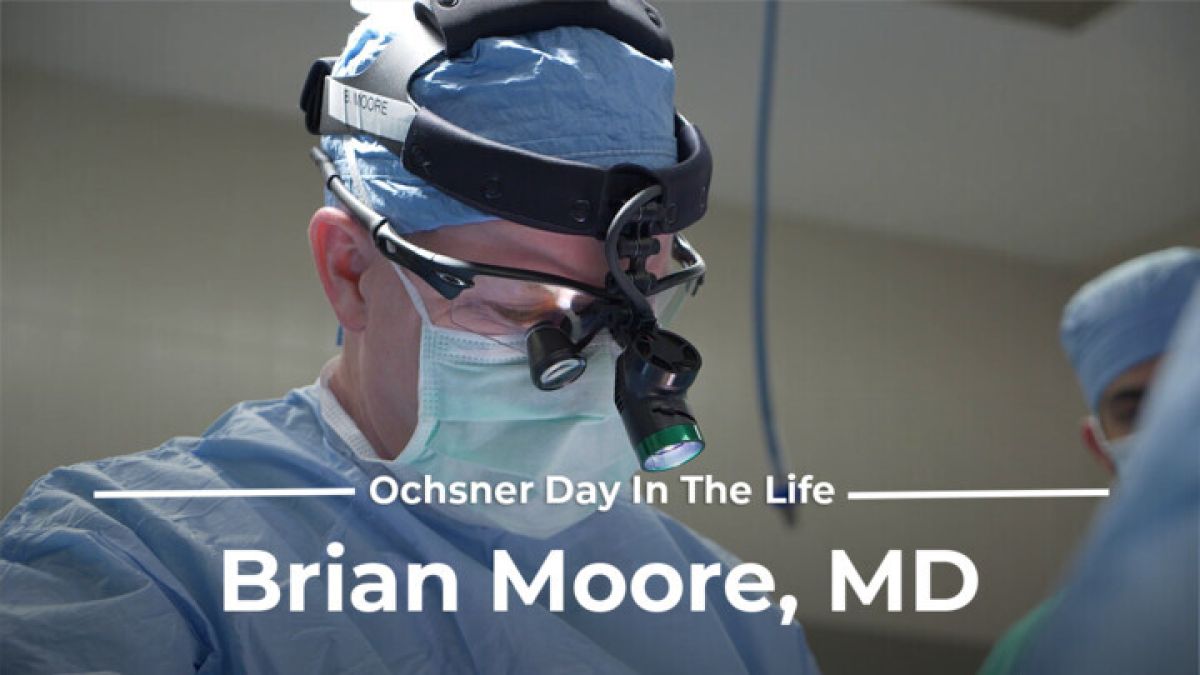Head & Neck (Throat) Cancer
Ochsner Health is one of the leading treatment centers for head and neck cancer in Louisiana. We have treatment centers located in New Orleans, Slidell, Covington, Baton Rouge, Lafayette and Shreveport, Louisiana.
Our experienced team uses state-of-the-art imaging and minimally invasive techniques to provide high quality care. We do all we can to preserve your appearance as well as your abilities to speak, swallow, taste and hear.














